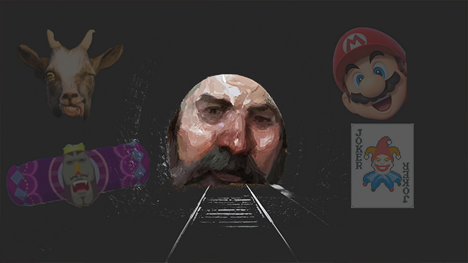'Novelty' will help Teamfight Tactics thrive another five years, says Riot
Riot Games' Teamfight Tactics has spent five years being an under-the-radar hit. Game director Peter Whalen says it still has years of potential to explore.
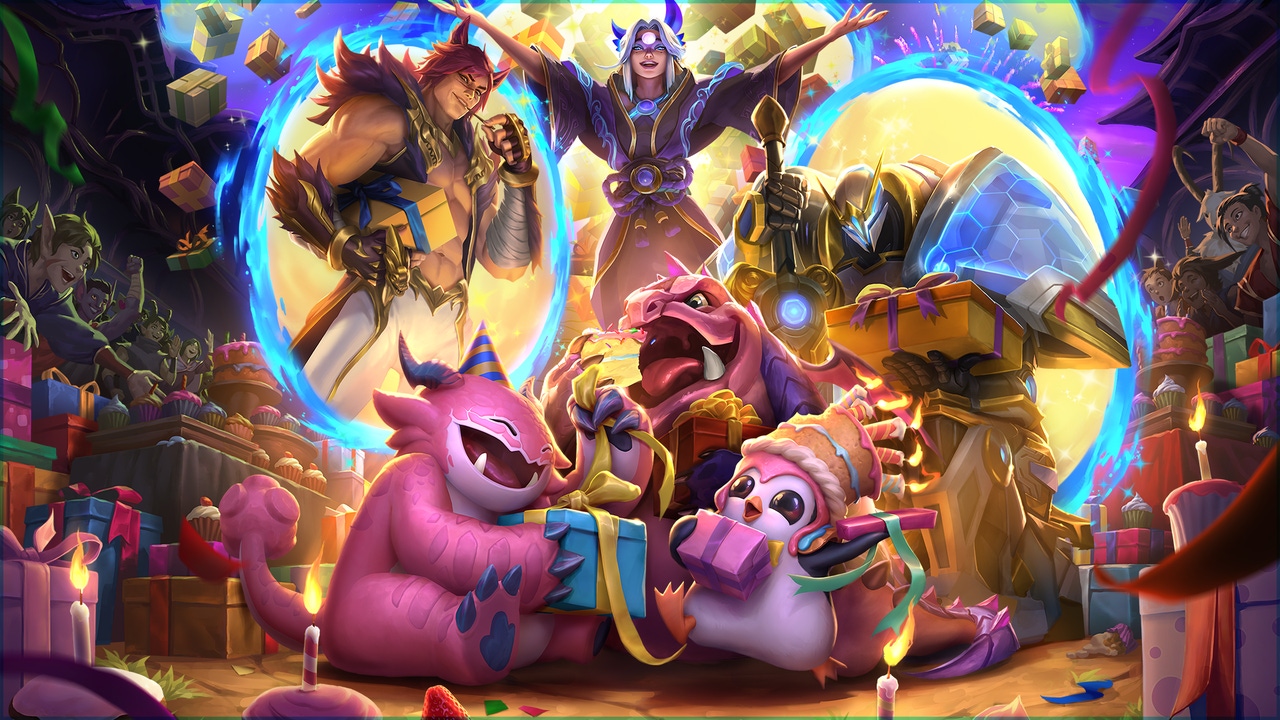
At a Glance
- Riot Games' Teamfight Tactics, an 'auto-battler' spinoff of League of Legends, is marking its five-year anniversary.
- The dev team is celebrating by releasing a new game mode.
- To make sure the game lasts another five years, the developers say they're pursuing more "novelty" with every content drop.
Did you know that Teamfight Tactics is the world's "biggest PC strategy game?" That claim came from Riot president of esports John Needham in 2022, and it's one that game director Peter Whalen repeated in a conversation with Game Developer in advance of the game's five-year anniversary.
"It's one of the common misconceptions about Teamfight Tactics," he said, in reference to the idea that it's one of Riot Games' less-played titles. Because of that misconception, he said the team enjoys working "under the radar" in ways that let them experiment with unique mechanics.
Experimentation is the name of the game for Riot's League of Legends-themed autobattler. The game originally debuted in June 2019, months after the release of the DOTA Auto Chess mod for Valve's DOTA 2. Because of its strong game design foundations and its relationship to Riot's fictional world of Runeterra, its development team has been able to pursue "novelty" as a major means of acquiring and retaining players.
For the last half-decade, Teamfight Tactics has thrived by completely cycling out its "sets" of units and traits while keeping the core mechanics exactly the same. Its upcoming anniversary will allow players to play with every single set developed over the game's lifetime in a game mode called "Pengu's Party Mode."
The mode shines a spotlight on the game's novelty to date—and according to Whalen and lead event producer Christiana Jiang, novelty across sets and events will be what makes the game last another five years.
"Novelty" focused design helps with long-term player retention
There's a neat knock-on effect of Teamfight Tactics' set release strategy. Its primary goal isn't just to keep hardcore players engaged and spending. It's also a tool that helps players cycle in and out of the game.
Whalen explained that the team's goal is to ensure when players put down Teamfight Tactics after weeks or months of play that they have "good memories" of it as they go off to other games. Though the game sports traditional retention strategies and in-app purchases that drive other free-to-play games, it's rare that we hear such developers express comfort at players taking time away.
But letting players flow in and out of the game while steadily outputting new "sets" has a natural flow. Jiang said that the team is working in parallel on three sets that roll out every year, and each set can be modified through patches to serve the needs of the community.

Image via Riot Games.
For instance if the esports season wraps up and the next set is up on the public test realm, the team can drop patches that make the set's traits fun and wacky instead of strictly competitive. Players who want either the competitive or wacky types of gameplay can ramp-on and ramp-off as they see fit.
Then, when the new set drops, its novelty can attract lapsed players back in. That's why in-game events are often structured around the "average" player, Jiang said.
Thankfully, average players are extremely responsive to unconventional ideas. Whalen recalled going so far as to experiment with audio-first themed releases like Remix Rumble, a "music festival"-themed set where the music dynamically changed as units entered the board. "You were effectively DJ'ing while you were building your [team]," he recalled.
More high-profile games like League of Legends, which have to preserve and maintain an ever-growing series of champions and mechanics, may not have the same freedom to stretch such design wings (though League itself has had its own fun with pop star versions of its characters).
For now, Teamfight Tactics is focusing on its big party—but who knows? Future sets may be massive cross-brand promo events with Riot's other games (like the Soul Fighter set from 2023)—but according to Whalen, there's still miles and miles of depth to explore.
Taking inspiration from that novelty and freeing themselves up to wipe the gameplay slate clean every few months may be one way live service game developers can come back after a bruising 2023.
About the Author(s)
You May Also Like


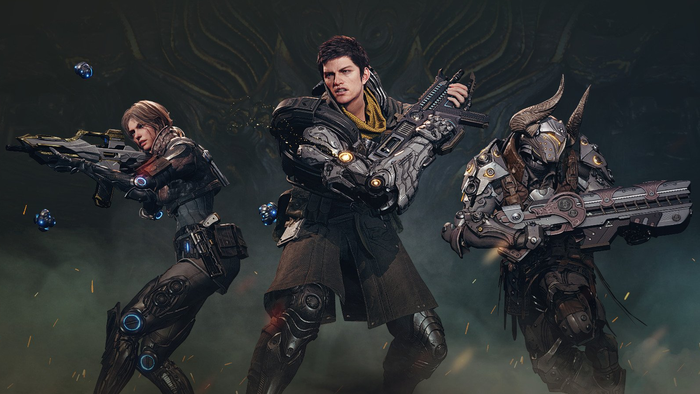
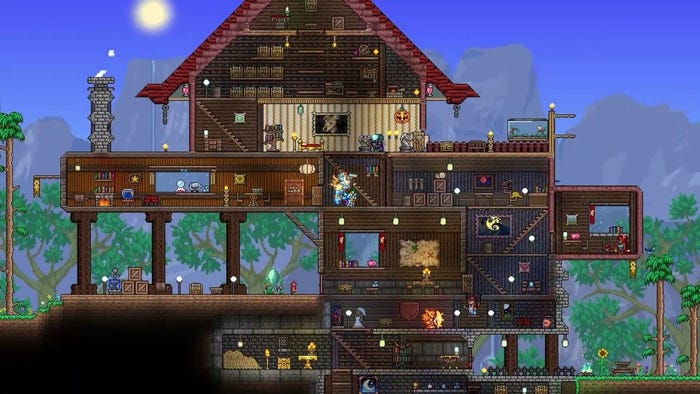
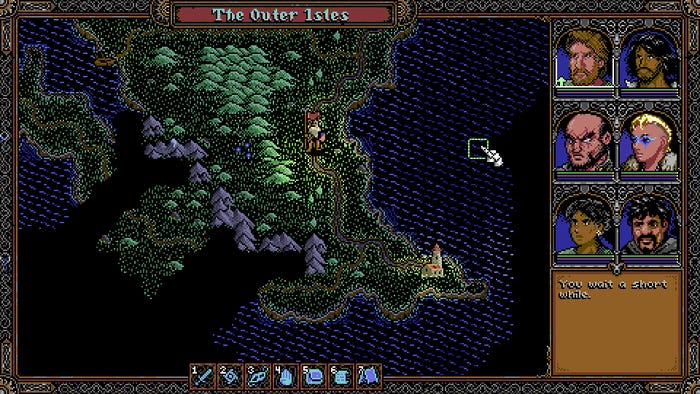
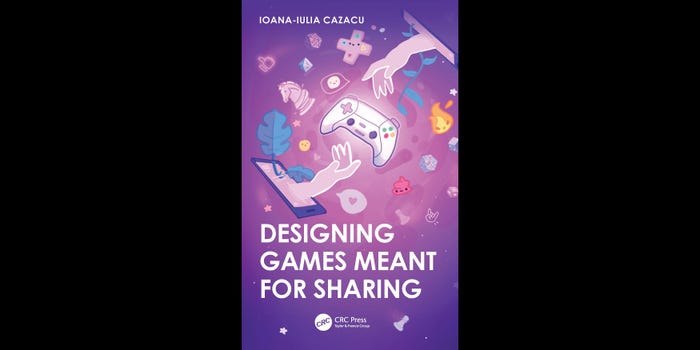

.jpeg?width=700&auto=webp&quality=80&disable=upscale)


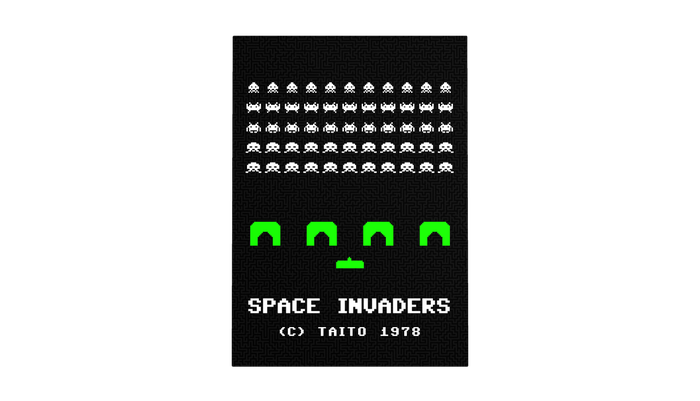
.jpg?width=700&auto=webp&quality=80&disable=upscale)
